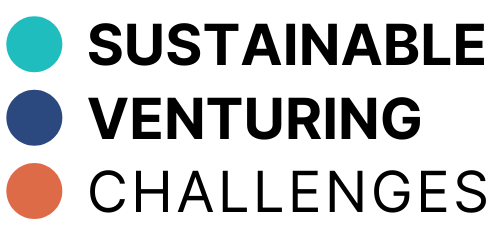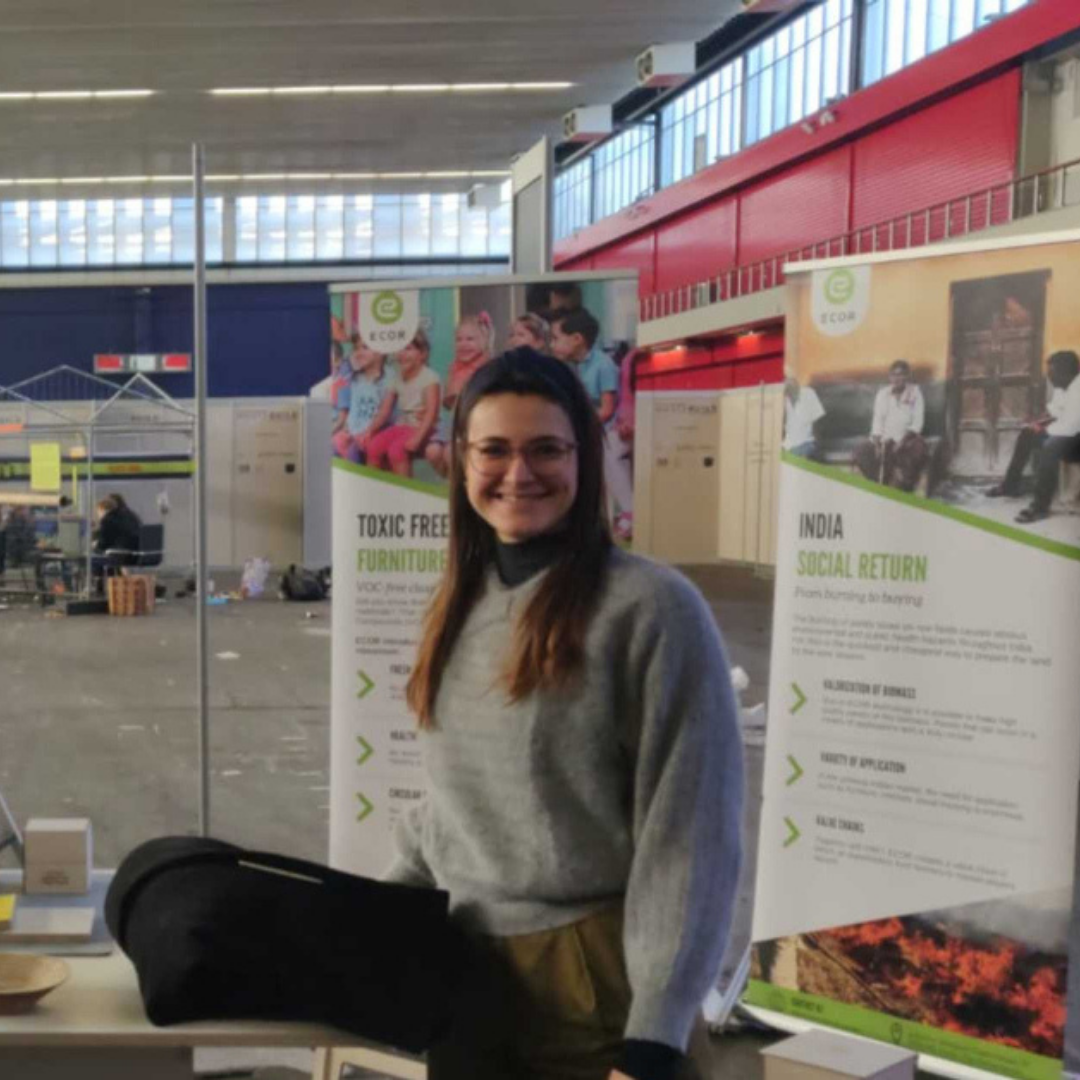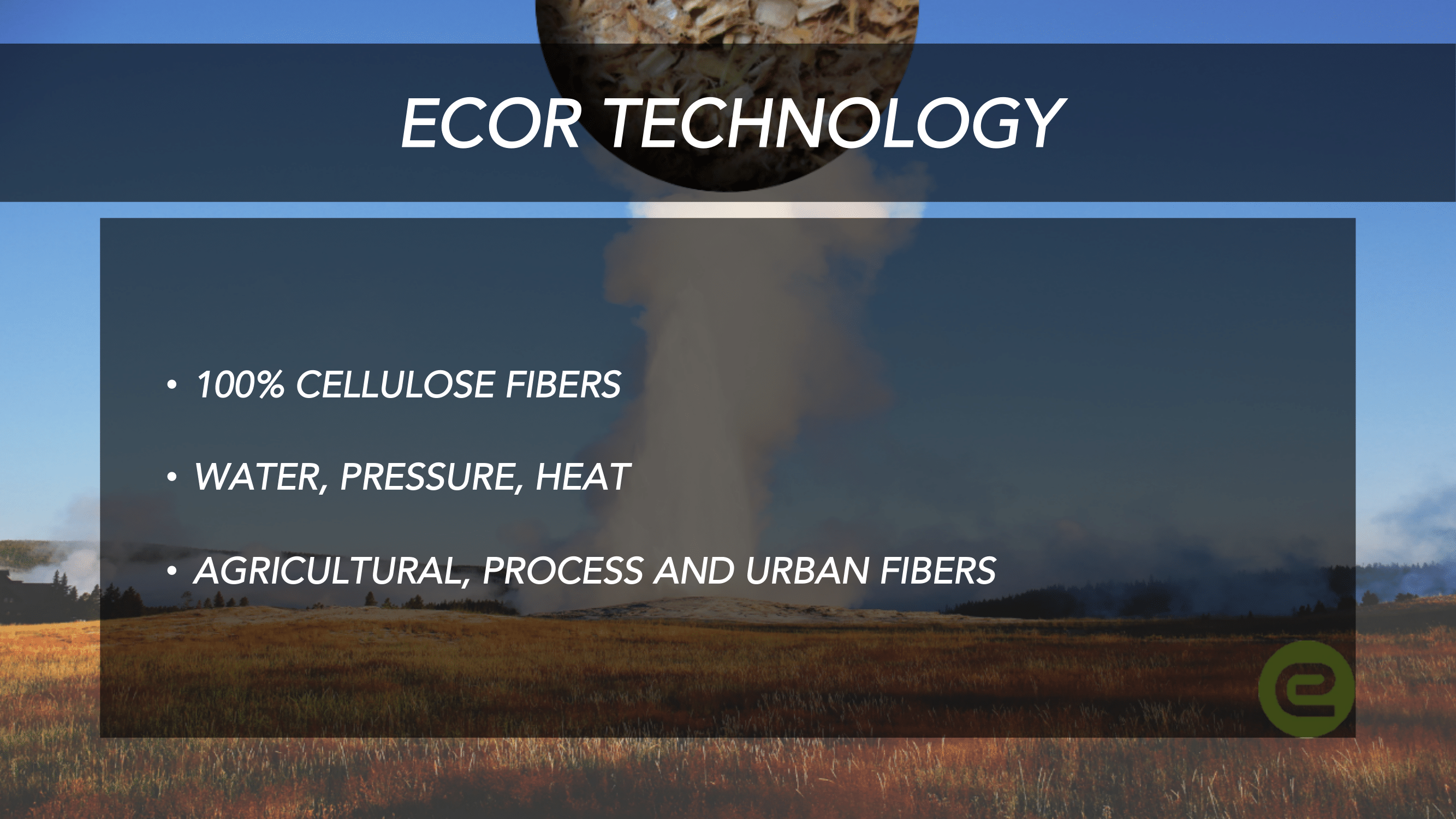"Our ambition is to integrate fresh ideas of youth, students and entrepreneurs with the know-how and experience of experts to facilitate innovation processes": Giulia Viero, ECOR
Giulia Viero is a Business Process and Data Analyst at ECOR, a global company that develops high-value recycling technologies and manufactures the ECOR® product line of advanced green building materials. The development of ECOR® Technology started in the United States (2007), upcycling fibers from agricultural, industrial, or urban production and consumption cycles into healthy and circular panels for various (furniture) applications. With ECOR®’s Technology Readiness Level 9, and a flexible model for collaboration, ECOR® is agile to scale a number of factories through sustainable growth. With their learnings and experience, ECOR enthusiastically participated in the S4S programme as a lead business partner. We spoke to Giulia Viero about her company’s motivation to participate as a challenge provider and her personal experience in her role as company representative.
Why did your company decide to collaborate with a university in a sustainable venturing challenge?
Giulia Viero: At the core of our choice, we reflected on: at which level is the added value created? Our ambition was and still remains to integrate fresh ideas of youth, students and entrepreneurs with the know-how and experience of experts, in order to facilitate the process of (material) innovation, when combined with circularity and the route to market. This is essential for upscaling replicable solutions that advocate for the right production and consumption choices.
Which ideas and solutions did the student teams develop and what stood out to you in particular?
Giulia Viero: If I were to mention one thing that stood out, it would be realisation of the potential of the circular business case we’re pursuing, and the great interest of entrepreneurship-driven, highly motivated and talented students in joining us. They have different backgrounds: from architecture and design (playing, experimenting, creating prototypes from healthy, clean, transparent, simple materials like ECOR) to business administration (raising awareness on the need for integrating circular reporting into annual accounting and reports).
ECOR technology, as presented by Giulia Viero to students during the S4S International Circular Challenge © ECOR
What exactly was your role during the challenge?
Giulia Viero: I interacted wearing different ‘hats’: from company representative, to coach and mentor for students.
What expertise and insights have the students and academic staff brought to your company and how has this benefitted your development and innovation processes?
Giulia Viero: It was wonderful to witness students evaluating our activities along a spectrum of processes and services. There is no binary answer to how we can advance and replicate our approach: some students focused on the perspective of growth, others took an investor perspective, or more of a research and development (R&D) approach. All of them have exposed different challenges, and found solutions to these.
“How do we scale up? That is a question that requires an ecosystem of partners from academia and business at the local level, which have certain societal needs to address, know what they want and are eager to connect with technologies and people who have the right skills and can contribute to tackle a specific challenge.” – Giulia Viero
In your view, how to best ensure that university-industry collaboration is successful?
Giulia Viero: A starting point would be to formalise the outcomes of the three years S4S programmes: many activities have been done, and the results are astonishing. Truly, the programmes have collected a wide spectrum of learnings. Right now, it is compelling to dedicate ourselves to reporting, consolidating findings into playbooks, handbooks and guidelines. How do we scale up? That is a question that requires an ecosystem of partners from academia and business at the local level, which have certain societal needs to address, know what they want and are eager to connect with technologies and people who have the right skills and can contribute to tackle a specific challenge. It is about collaboration, cooperation and sharing responsibility, but also about curiosity and persistency, understanding the local context, and developing and capturing knowledge that can be replicated (cross-pollination).
Would you recommend other companies to collaborate with universities in challenge-based learning formats as a corporate partner, and if so, why?
Giulia Viero: Circular challenges, workshops and student-business activities should become replicable experiences and should be integrated into a continuous improvement process, where learnings are shared during collaboration and cooperation among students, academia, businesses, and relevant stakeholders. The extensive network of partners and the valuable lessons learnt are a great incentive to get involved, thus to all (potential) partners we say: do join us in our next steps!

powered by ScaleUp4Sustainability
Carl von Ossietzky University of Oldenburg
Department of Business Administration, Economics and Law
Adj. Prof. Innovation Management and Sustainability
Ammerländer Heerstr. 114-118, 26129 Oldenburg, Germany
Legal notice and data protection

The platform was created as part of the ScaleUp4Sustainability project. ScaleUp4Sustainability (Project Reference: 601150-EPP-1-2018-1-DE-EPPKA2-KA) is funded by the Erasmus+/Knowledge Alliance Programme of the European Union.


